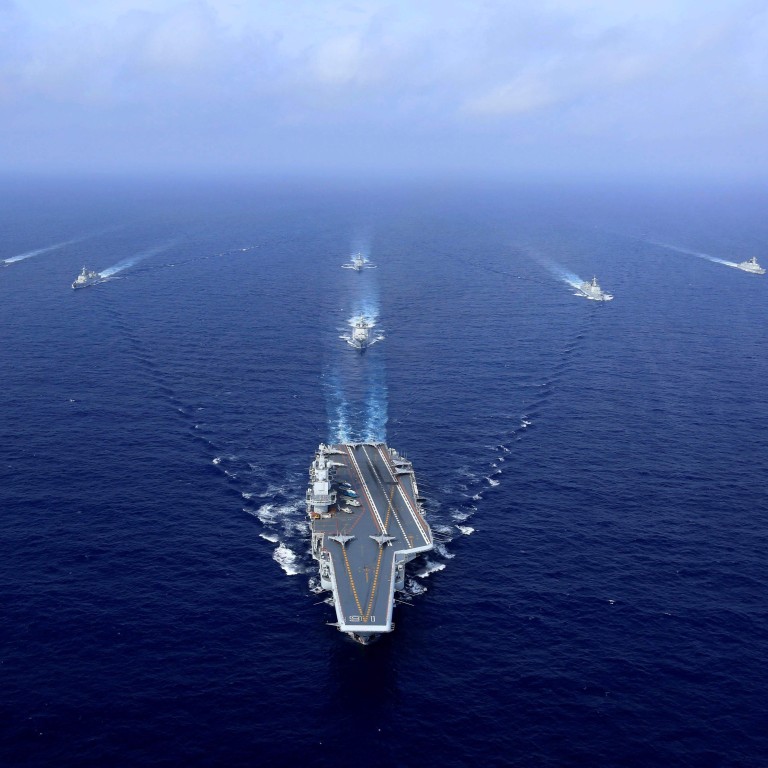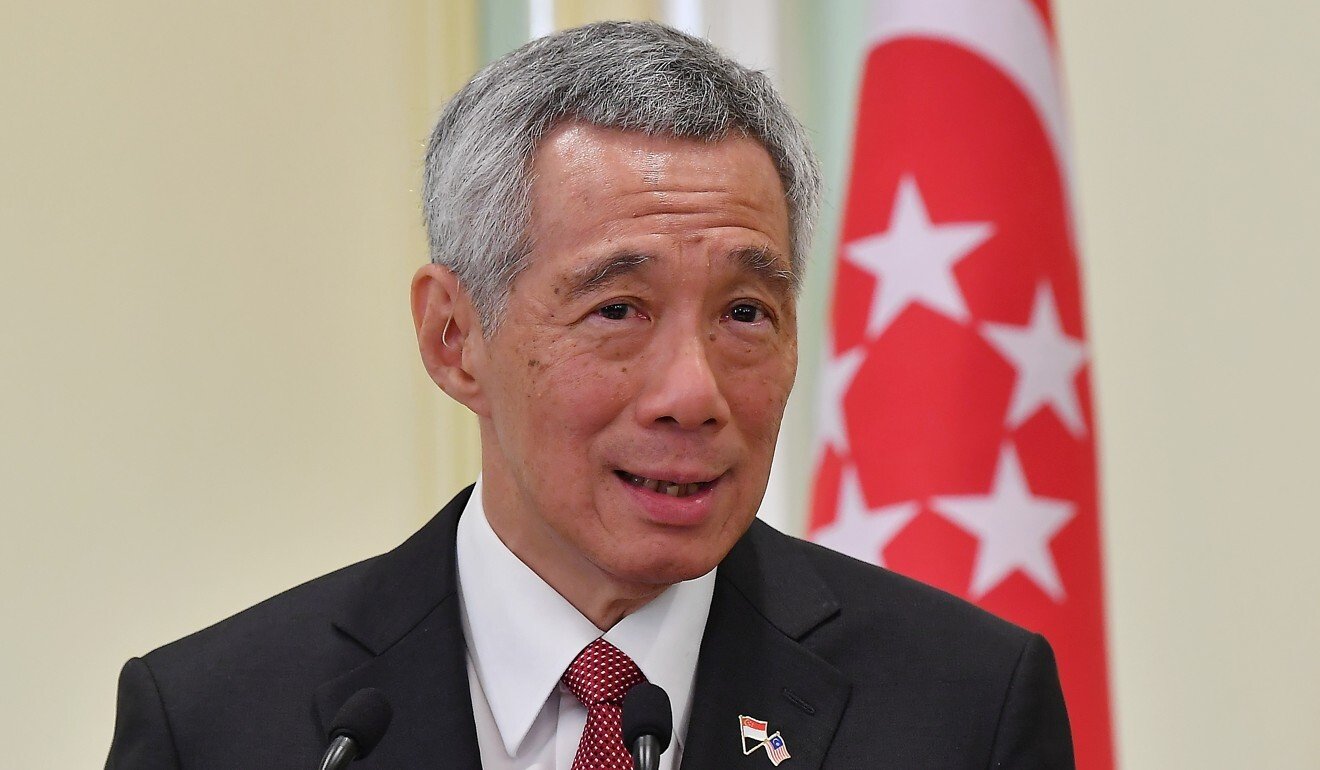
US, China must learn to cooperate or war could ruin us all: Singapore PM Lee Hsien Loong
- ‘Everything is to be lost’ in the event of a military conflict between the world’s two largest economies, and casualties would be a certainty, warns Lee Hsien Loong
- Even if Washington and Beijing cannot learn to trust each other fully, they must learn to cooperate on areas such as climate change and health, he says
Speaking during an interview at the inaugural Global Forum on Economic Recovery, hosted by the US Chamber of Commerce on Wednesday, Lee said if the two countries clashed, “everything is to be lost”.
G7 scolding of China, Russia sparks Taiwan and Ukraine comparisons
Such cooperation was necessary even if the two sides did not “fully trust” each other, Lee said.

“And both have domestic political opinions, even the Chinese. And [both countries will have to] overcome the nationalist instinct to say ‘we will look after our country’s interests, but we will do so by cooperating with other countries’.”
He said both countries would need to be of the mindset that “Whether or not we fully trust them, and whether or not they are our bosom friends, they have to be our partners on this planet.”
As government level ties between the countries have declined, so too have public perceptions.
In a US-China war, whose side is Southeast Asia on?
Meanwhile, a growing number of Chinese have expressed dissatisfaction over what they perceive as US efforts to prevent China’s rise as an economic, military and technological powerhouse.
Lu Xiang, a senior researcher on China-US relations with the Chinese Academy of Social Sciences, said Lee’s remarks were a sign that many countries including Singapore were increasingly anxious about the growing tensions.

01:05
World must reject ‘cold war mentality,’ says Chinese President Xi at Boao Forum for Asia
“They are obviously worried that once there is a conflict between China and the US, they will not only face the difficulty of choosing sides, but will also be placed in a crisis situation where they have little control and no way of escape,” Lu said.
Bo Zhiyue, the founder and president of the Bo Zhiyue China Institute, a consulting firm providing services to government leaders and CEOs of multinational corporations, said there was a worrying lack of a mechanism for crisis management.
Bo said that while such a mechanism existed during the Cold War between the US and the then-Soviet Union, the US-China hotline – though technically in existence – did not appear to be in use.
US lawmakers ramp up the pressure for a Beijing Olympics boycott
This month, US Indo-Pacific Coordinator Kurt Campbell said in an article in Foreign Policy magazine that China was not interested in using the hotline.
Chinese military expert and commentator Song Zhongping argued in a Global Times article last week that due to a lack of trust it was impossible for China to use the hotline to avoid possible conflicts.
However, Bo said China should not turn its back on the hotline as it was a vital part of crisis management.
“Not picking up the hotline also does not conform to international norms,” Bo said, adding: “Conflicts between major powers are understandable. But right now, there no longer seems to be any form of communication mechanism and channel between the two countries.”

